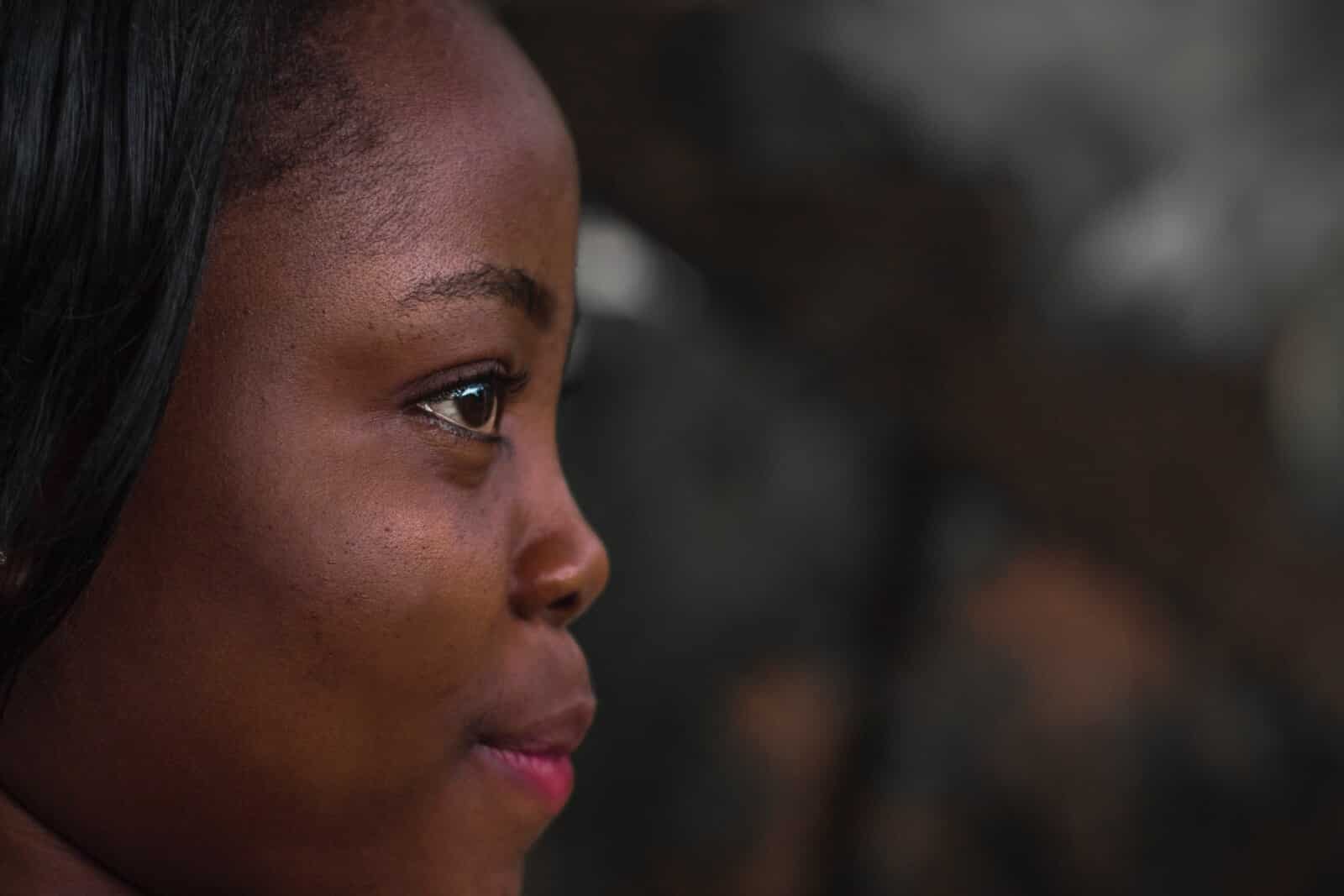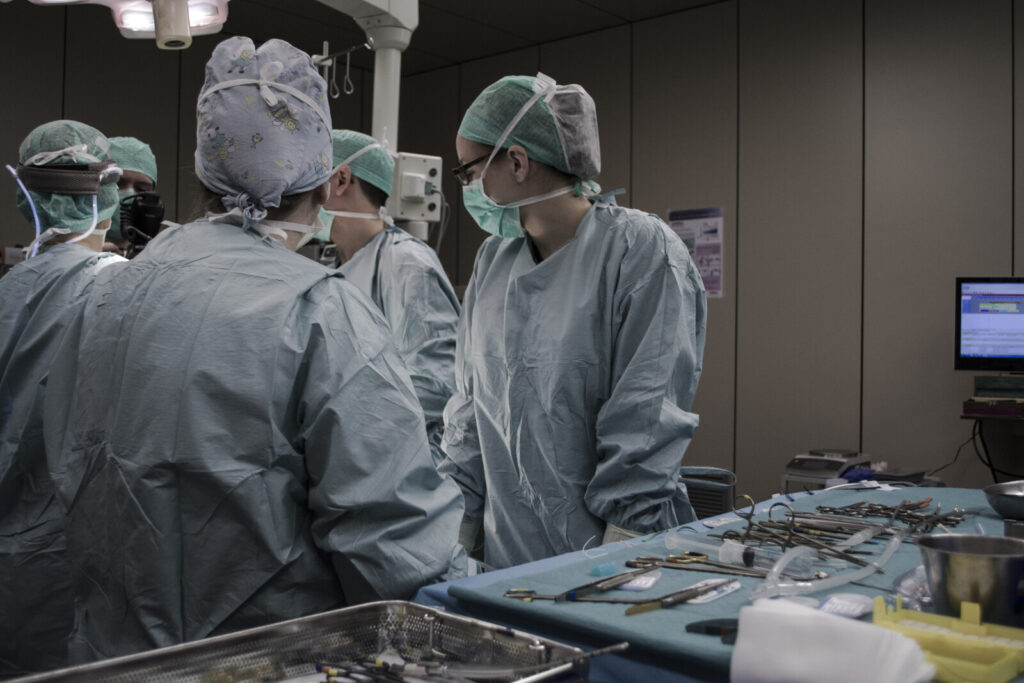Anne-Marie Davy, a resident of Galway, Ireland, faced a difficult decision in 2015 when her doctors discovered a large mass in her abdomen. She could wait weeks or even months for care under the public health system, or she could seek private care and be seen within days. Without health insurance, Anne-Marie paid privately for tests to diagnose her rare cancer before having surgery at a public hospital.
Long waits for potentially life-saving diagnostic tests are also prevalent in Scotland, with over 114,061 patients awaiting scans and nearly 60,000 of these patients waiting longer than the six-week benchmark. In response, the Scottish government is exploring radical solutions to its problems, including the possibility of charging wealthier patients for some health services.
The Republic of Ireland operates a two-tiered health care system that grants those with private health insurance faster access to care. In addition to the thousands of patients who have access to private hospital treatment paid for by the government’s National Treatment Purchase Fund, approximately 45% of people have private health insurance.
In primary care, only about 40% of people have free access to a general practitioner, while the remainder must pay full price. Special medical or general practitioner cards are reserved for those with the lowest incomes, long-term illnesses, young children, and the elderly.
The Irish Cancer Society estimates that by the end of 2022, more than two hundred thousand people were waiting for scans, with sixty percent waiting for more than three months. Jim Daly of the Private Hospitals Association believes that at the end of the day, “Mary or John does not care whether the hospital they are receiving treatment in is public, private, or voluntary. All they desire is the highest quality of care.”
Politicians in Ireland concur that the situation requires improvement and have enacted Sláintecare, a programme of reform aimed at transforming the healthcare system to provide universal, equal access to services based on need rather than the ability to pay. This month, charges of 80 euros per night for public hospital stays will be eliminated.
After a pandemic, healthcare systems everywhere face enormous challenges, and Scotland is no exception. The Scottish government seeks innovative solutions to reduce wait times for potentially lifesaving diagnostic tests. Nevertheless, there is no one-size-fits-all solution, and Scotland must determine what works best within its own context and budget.
The story of Anne-Marie Davy illustrates the significance of timely diagnosis and adequate funding for healthcare services. The two-tier system in Ireland ensures faster access to care for those who can afford it, but can leave others feeling trapped if they don’t qualify for free care or don’t have insurance. The Irish government is advancing Sláintecare, a programme that aims to provide universal access to equal services regardless of ability to pay. Scotland must also examine ways to improve healthcare and ensure equitable access to services for all citizens.

















